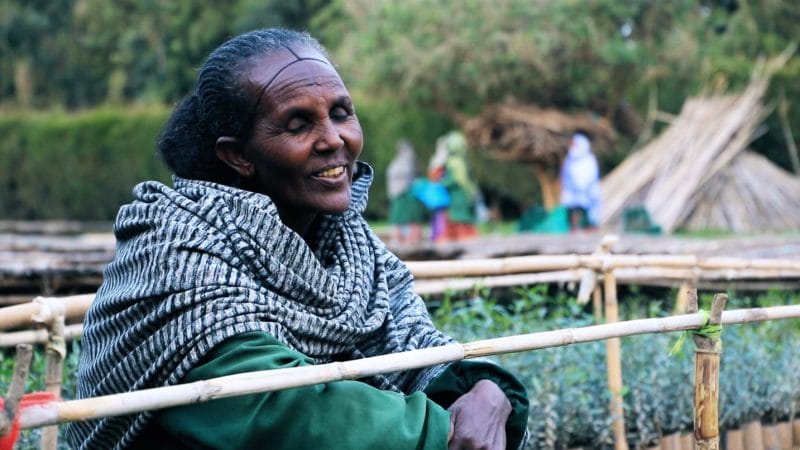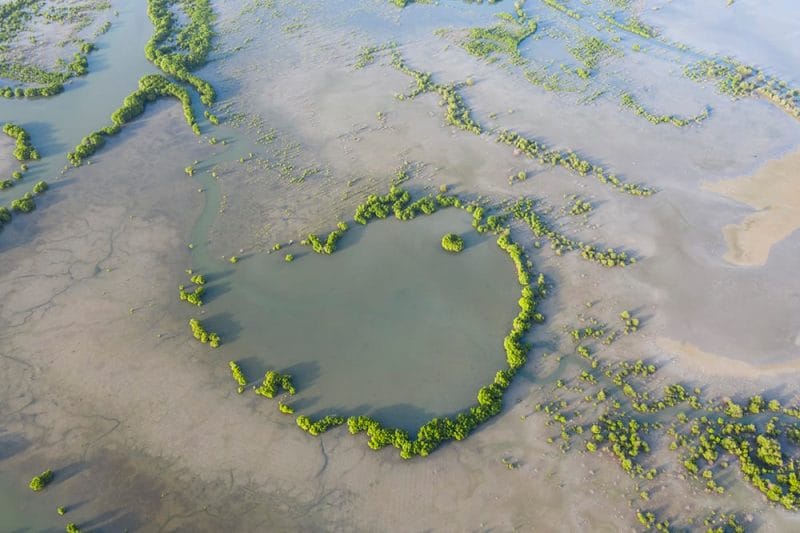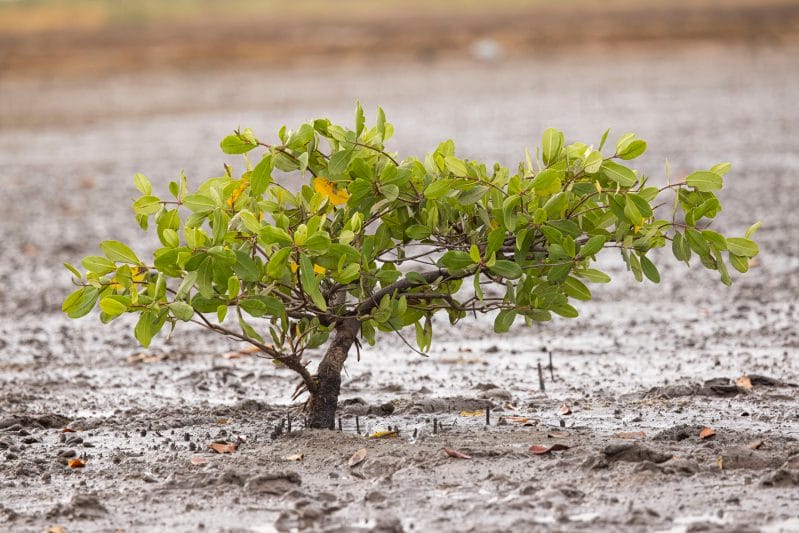Indeed, manifested in our community-based projects, we seek to establish a harmonious relationship between the natural and human world for the mutual benefit of both. However, while conservation is increasingly interested in regulating relations between humans and the environment, rather than mastering a nature detached from human society, scientific evidence shows that establishing “no go zones” is a viable option to restore degraded soils, increase tree cover and increase species richness.
In Ethiopia, the establishment of exclosure zones (“no go zones”) has been practiced for the past three decades to restore degraded communal grazing land. Exclosures are areas closed off from the interference of human and domestic animals with the goal of promoting the natural regeneration of plants and reducing land degradation.
At our project site in Tigray, we are using exclosure zones to protect and restore non-productive land. Here, levels of degradation are so high that the natural regeneration of the forest is likely to occur very slowly. We therefore plant carefully selected tree species within the exclosure to help speed up the process of succession.
The goal is transform this degraded land into productive forest, to ultimately remove the barrier between local people and the environment.















